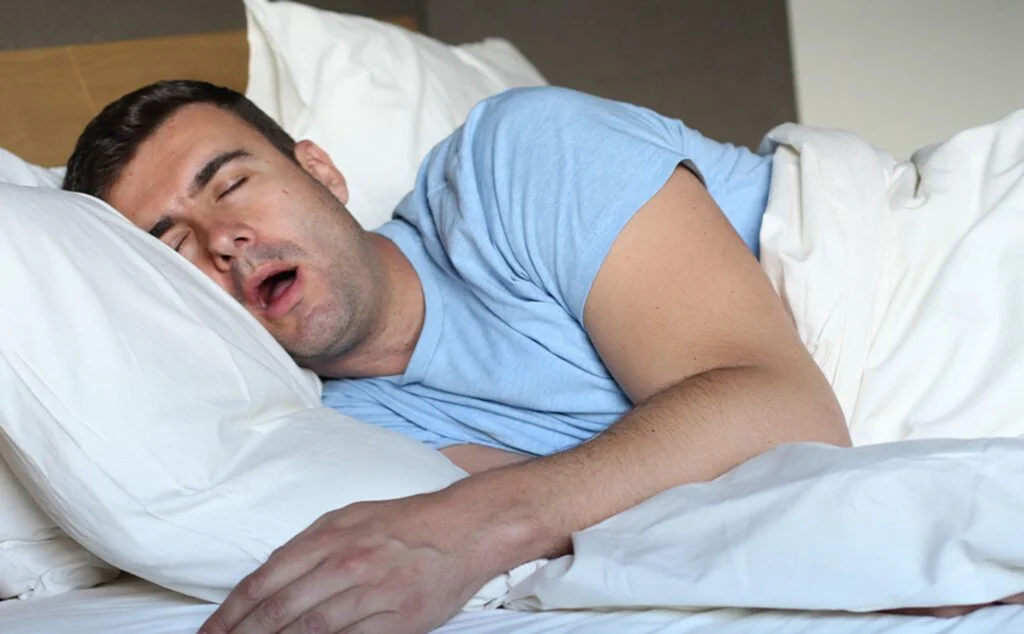
When we think of sleep apnea, our minds often think of powerful snoring and a clunky CPAP. You might have even seen recent news of CPAP recalls, begging the question, why do so many of the sleep apnea treatments we see look so… uncomfortable?
Close to one billion people suffer from obstructive sleep apnea. (1) Aside from lifestyle changes, current sleep apnea treatments include CPAPs, surgeries, and nasal dilators, amongst others. (2) Yet, many patients are unable to tolerate the options available to them, according to a new study. (3)
This new study examined the safety and effectiveness of a novel sleep apnea nasal spray that could be a future solution to those that aren’t a fan of the current treatments.
What Does the Research Say?
The study, led by Flinders University researcher Dr. Alam Osman looked at the effects of a potassium channel blocker nasal spray, termed “BAY2586116” (try saying that five times fast), on 10 participants with obstructive sleep apnea.
The spray in question works by reducing upper airway collapsibility. A collapse in these upper airways can cause a person to stop breathing (4), which explains why sleep apnea is so dangerous if it goes untreated.
Dr. Osman told Flinders University how the nasal spray works; “When used in a nasal spray, the blockers have the potential to increase the activity of the muscles that keep the upper airway open and reduce the likelihood of the throat collapsing during sleep.” (5)
The experiment took place over the course of three days, and participants were given the nasal spray, the nasal spray in combination with mouth tape or a chin strap to promote nasal only breathing, and a placebo.
The results? 70 percent of the participants showed a reduction in sleep apnea severity. And, participants showed lower blood pressure in the morning following the nasal spray treatment. However, researchers found no difference between the nasal restricted breathing group and placebo. (3)
Is the Nasal Spray Available for Sleep Apnea Patients?
Sleepopolis interviewed Dr. David Clarke, President of the Psychophysiologic Disorders Association and Board Certified in Internal Medicine and Gastroenterology, for his thoughts on the study and sleep apnea treatments in general. Clarke said that this drug will not likely be available for sleep apnea in the near future, given the small study size and short trial period. (6)
Clarke explained, “To confirm the drug’s potential a more rigorous protocol is needed. This would involve a larger number of subjects who are representative of patients with OSA, with longer term use to show the benefit doesn’t decline over time and that there are no serious side effects, and follow up to see if clinically important problems such as daytime sleepiness or high blood pressure benefit from the treatment.”
So, what can you do if you have sleep apnea, but can’t find any comfortable treatments?
Clarke told Sleepopolis that lifestyle changes might be helpful for some sleep apnea patients. That said, the CPAP machines that many of us have seen continue to be a common treatment: “Positive airway pressure (PAP) is the first-line treatment for obstructive sleep apnea (OSA). Multiple varieties of PAP delivery are available for clinical use and if one is uncomfortable, others should be tried,” said Clarke.
Clarke explained three more potential treatments for sleep apnea, including jaw repositioning devices, surgeries, and nerve stimulation treatments. “If none of the PAP devices are tolerated, the next treatment to try would be mandibular (jaw) advancement devices. If that approach is not indicated, not tolerated, or is unsuccessful, then nasal, palatal, or jaw surgeries may be considered. Hypoglossal nerve stimulation targets the impaired neuromuscular tone implicated in OSA and is also an option,” Clarke added.
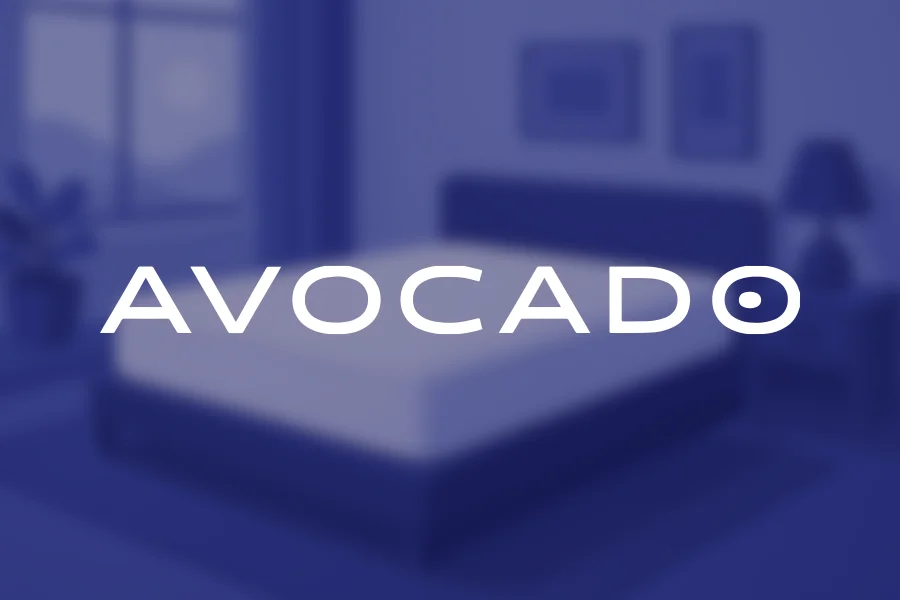
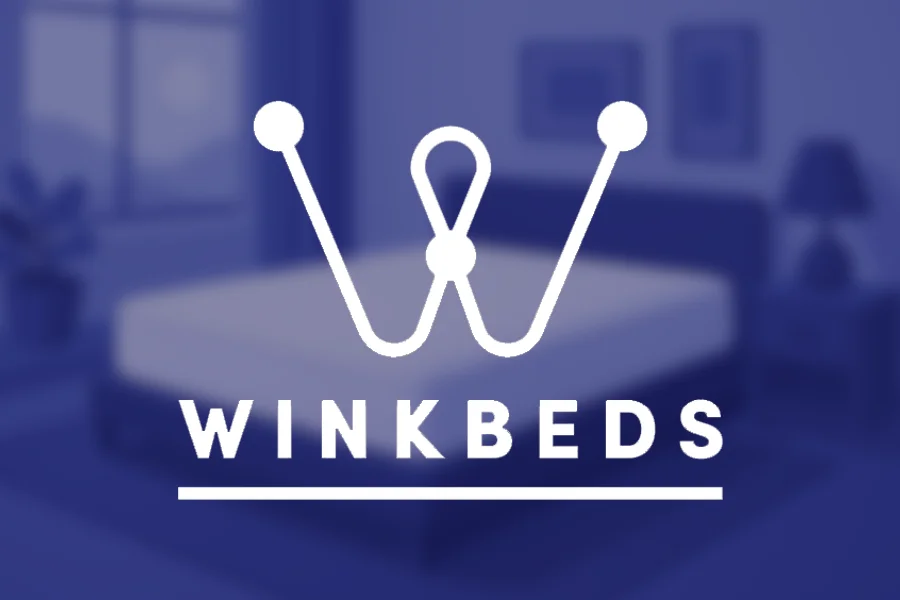
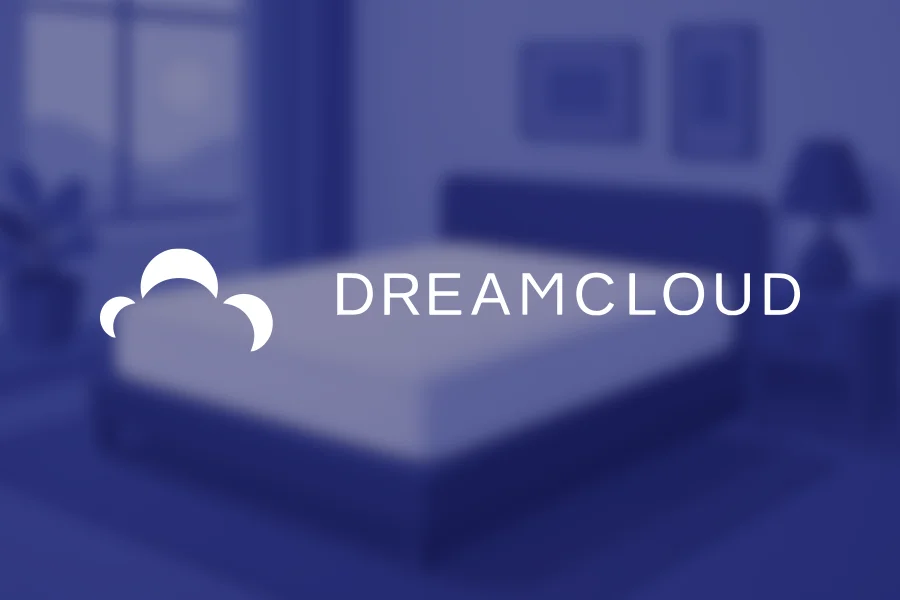
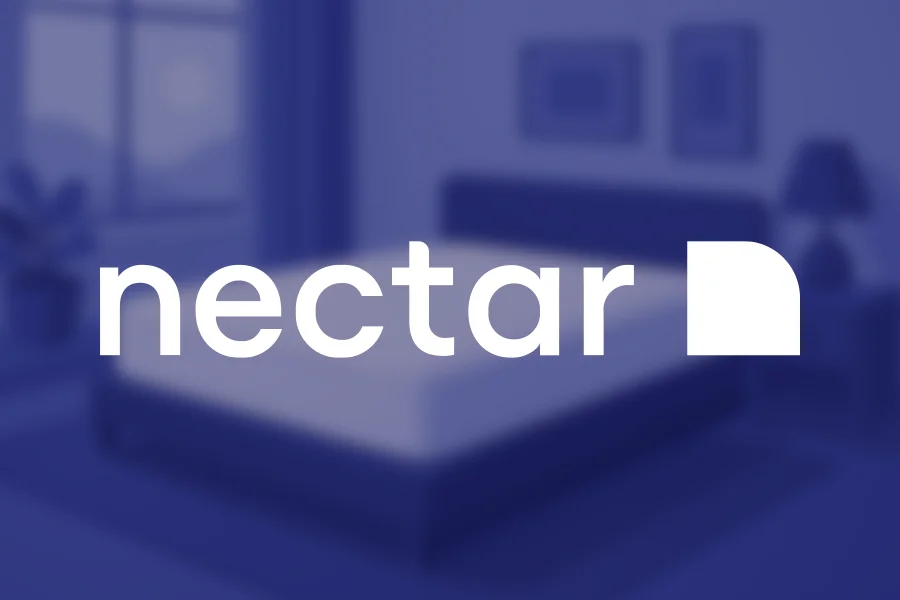
Sources
- Benjafield, Adam V et al. “Estimation of the global prevalence and burden of obstructive sleep apnoea: a literature-based analysis.” The Lancet. Respiratory medicine vol. 7,8 (2019): 687-698. doi:10.1016/S2213-2600(19)30198-5
- National Heart, Lung, and Blood Institute. “Sleep Apnea Treatment.” September 6, 2023. https://www.nhlbi.nih.gov/health/sleep-apnea/treatment
- Osman, Amal M et al. “A novel TASK channel antagonist nasal spray reduces sleep apnea severity in physiological responders: a randomized, blinded, trial.” American journal of physiology. Heart and circulatory physiology vol. 326,3 (2024): H715-H723. doi:10.1152/ajpheart.00541.2023
- Penn Medicine. “Obstructive Sleep Apnea.” January 9, 2023. https://www.pennmedicine.org/for-patients-and-visitors/patient-information/conditions-treated-a-to-z/obstructive-sleep-apnea
- Flinders University News. “Sleep apnea solution could be right under your nose.” March 15, 2024. https://news.flinders.edu.au/blog/2024/03/15/sleep-apnea-solution-could-be-right-under-your-nose/
- Clarke, David. Personal Interview. March 21, 2024.


























